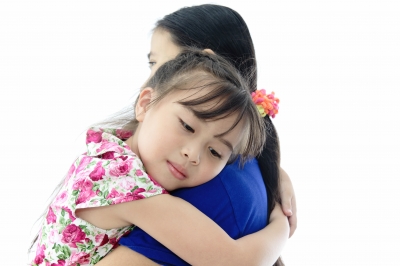2
Nov
November 2, 2011
 It is said that one can judge the morals of a society by how that society treats its children. Our primary goal as parents is to raise children with the right balance of love and discipline so that they grow up to be loving and productive members of society.
It is said that one can judge the morals of a society by how that society treats its children. Our primary goal as parents is to raise children with the right balance of love and discipline so that they grow up to be loving and productive members of society.I just completed reading an article, with tears welling in my eyes, reporting on the death of Hana Williams. A 13 year old girl adopted from Ethiopia, now deceased at the hands of her own parents who abused and starved her to death. This young girl was adopted in 2008 and brought from Ethiopia to Washington State. Hana, having already experienced the loss of her parents, poverty stricken living conditions and countless experiences not befit for humanity, has now suffered at the hands of her adoptive parents in the name of discipline. Her time on this Earth prematurely cut short by those who were supposed to care for her, love her and provide a better life for her. Saying this is horrific, does not even begin to do it justice.
Just as in the case of Artyem Saviliev, the boy placed on a plane alone by his adoptive parents and flown back to Russia, this little girl experienced abuse and neglect at the hands of her own parents. It breaks my heart to imagine what these children went through. The despair and confusion they must have felt. Not only are these children effected, but these instances and others like them could impact adoption. Countries could choose to close the programs or increase the standards for those wanting to adopt.
With each new stage of childhood parents are presented with new challenges and frustrations. Discipline seems to present varying viewpoints and opinions. While I am not an expert by any stretch of the definition, I am a parent. Discipline should be tailored to each child and that child’s personality and experiences. Children will respond differently to discipline and parents should employ discipline that is the most effective for that child. I am a firm believer in rewarding good behavior and not an advocate of corporal punishment. Most importantly, parents need to know their limits and know when to walk away.
We do not enter parenthood either with the ability to be perfect parents, nor do children come to us with instruction manuals. It is thus imperative when you as a parent are nearing your breaking point to utilize the help of family or support services. There are many resources available to parents in crisis, whether this applies to biological or adopted children. If you are a family member who sees a parent in distress, please offer your support. If you suspect abuse please contact your local DCS office or call the child abuse hotline in your community. In Indiana the Child Abuse Hotline is 1-800-800-5556 and it will direct you to the county from which you are calling. Child abuse is preventable, needless deaths of vulnerable children can be stopped. It is your responsibility to be proactive, help stop child abuse and the needless deaths of beautiful children. These children have a basic human right to grow up in a loving home and not suffer abuse or neglect. Let us as a society, show that we care.
